As the government of President John Dramani Mahama marks its first 120 days in office, Development Specialist in Agriculture and Rural Economy, Dr. Abu Sakara Foster, has emphasized the urgent need to prioritize education as a cornerstone for national development and economic relief for Ghanaians.
In an exclusive interview with Edutimes Africa, Dr. Sakara stated that while efforts to address past governance issues are important, the current administration must redirect focus toward building sustainable systems—especially in education, manpower development, and infrastructure—to secure Ghana’s future.
“If we truly want to bring relief to Ghanaians, we must invest in education and skills development,” Dr. Sakara said. “This is how we reduce long-term costs, increase our competitiveness, and prepare the next generation for a global economy.”
He highlighted that education is not just a sectoral priority but a transformative tool capable of reshaping all aspects of national life. By equipping citizens with relevant knowledge and skills, the government can address unemployment, improve productivity, and unlock new economic opportunities, particularly in rural and underdeveloped communities.
Dr. Sakara commended the Mahama-led administration for creating a governance environment where stakeholders’ voices are being heard, describing it as a “return to a framework of accountability.” However, he cautioned against using limited political capital to focus solely on probing the past.
“It is time to reset the development agenda, and education must be at the heart of that reset,” he said. He added that the global shifts in economy and technology demand that Ghana reimagines its policies to align with international trends in digital literacy, vocational training, and innovation.
Dr. Sakara, a former flagbearer of the Convention People’s Party (CPP), urged policymakers to deepen investment in public education infrastructure, teacher development, and school resources. He stressed that inclusive and accessible education is central to reducing inequality and expanding opportunity.
“We are in a critical moment where our development choices will determine our future. Let’s support the President in this direction—but not blindly. Let us hold leadership accountable for delivering quality, equitable education for all,” he concluded.
As Ghana navigates its post-120-day roadmap, the call for a stronger emphasis on education offers a timely reminder that a nation’s real wealth lies in the knowledge, skills, and creativity of its people.


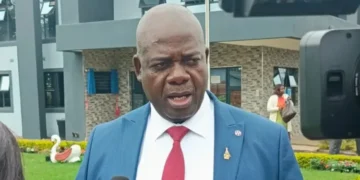
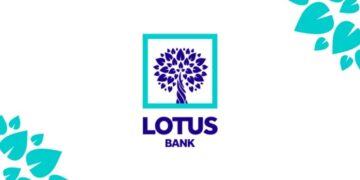
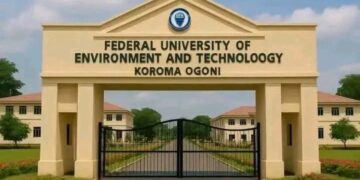
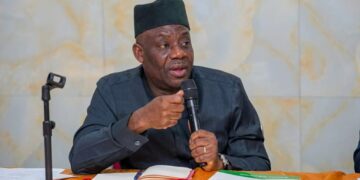
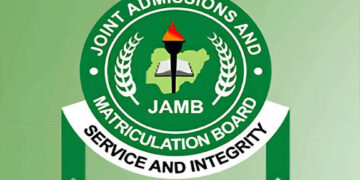
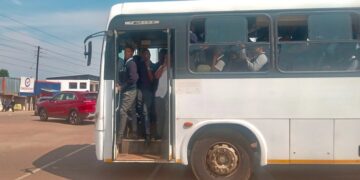






















































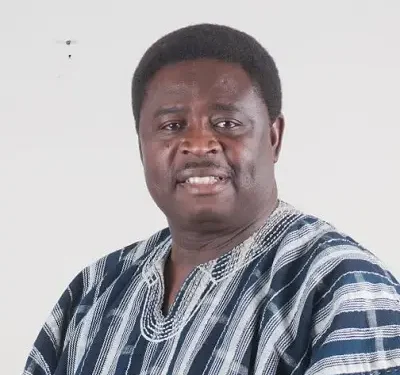




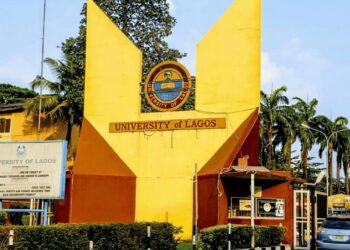

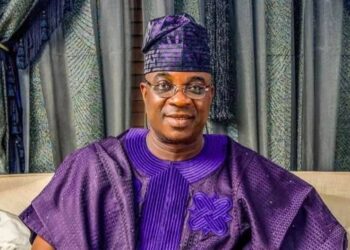
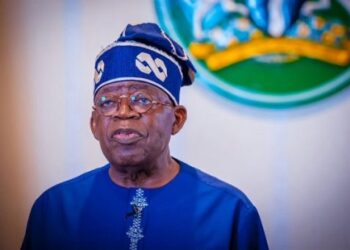











 EduTimes Africa, a product of Education Times Africa, is a magazine publication that aims to lend its support to close the yawning gap in Africa's educational development.
EduTimes Africa, a product of Education Times Africa, is a magazine publication that aims to lend its support to close the yawning gap in Africa's educational development.